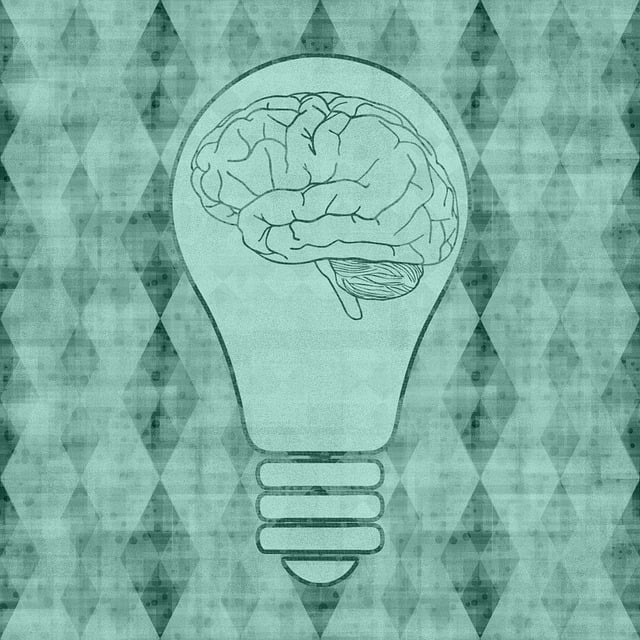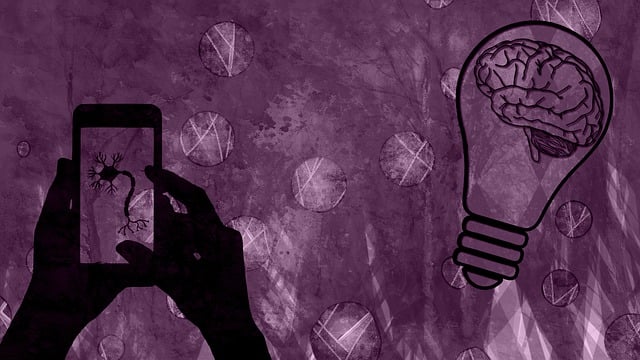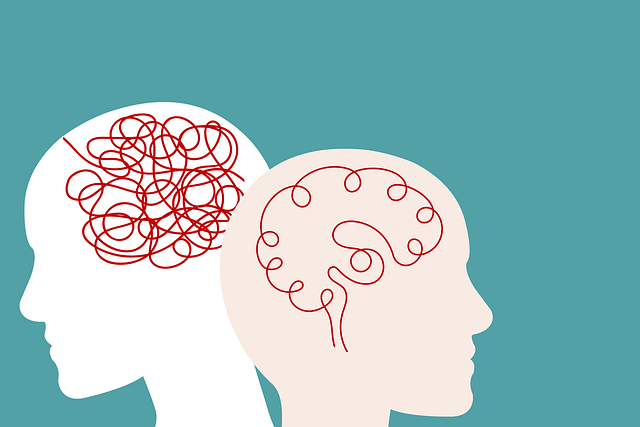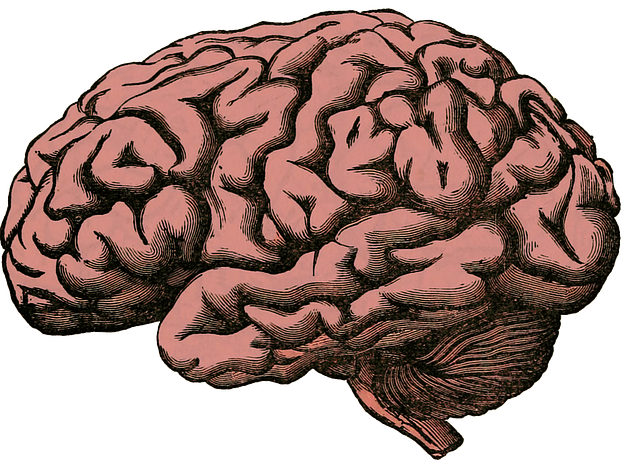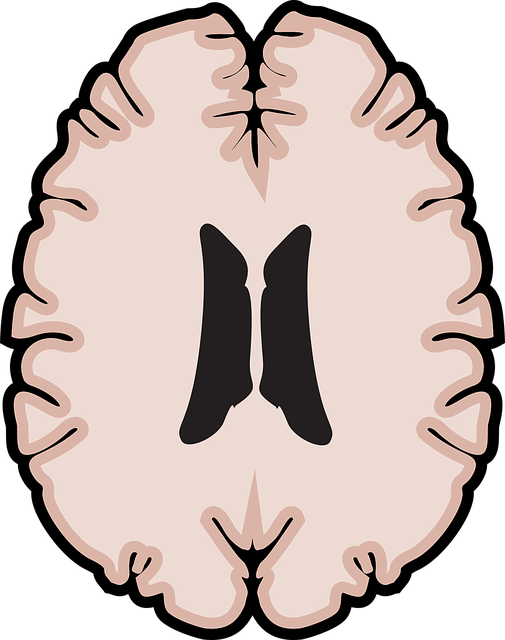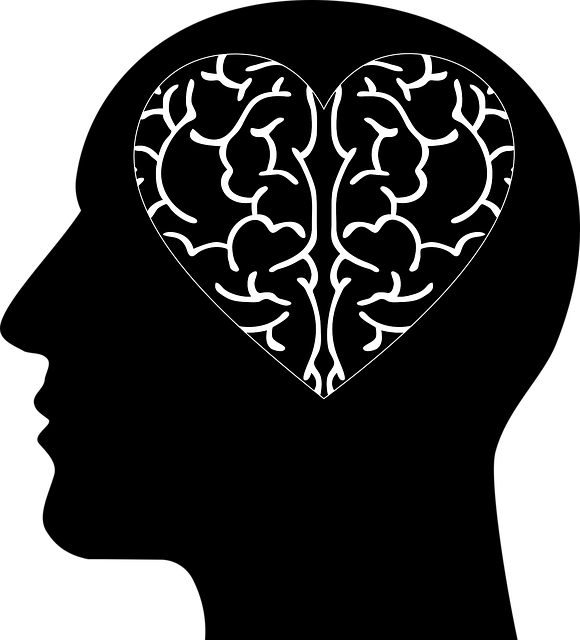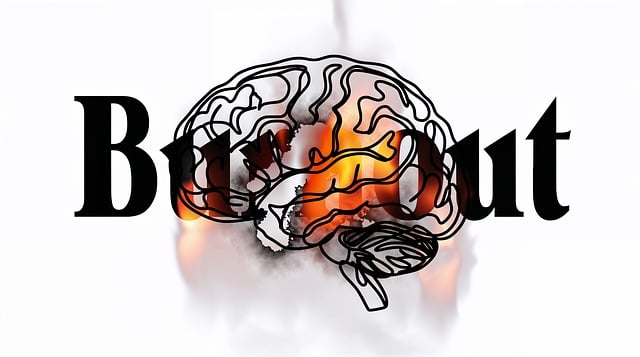Diagnosing mental illness in children is challenging due to their developing brains and varied behaviors, with comorbidities often masking symptoms. Traditional methods fall short due to context-dependent experiences. Innovative approaches like biofeedback therapy and therapy for children show promise in improving diagnosis accuracy by teaching emotional awareness and control. Community outreach programs educate parents on recognizing early signs, while policy advocacy pushes for age-appropriate tools, specialized training, and improved access to evidence-based treatments. Integrating biofeedback into therapy helps children understand and regulate their physiological responses, enhancing diagnostic accuracy and promoting overall well-being.
Mental illness diagnosis accuracy is paramount for children’s well-being. This article delves into the intricate challenges faced by professionals in identifying mental health issues early on in youth. We explore the transformative power of therapy and biofeedback as tools to enhance diagnostic precision, offering hope for improved support systems. From conventional methods to innovative approaches, we uncover cutting-edge strategies aimed at refining the process, ensuring children receive timely and effective care through tailored interventions like therapy and biofeedback.
- Understanding the Challenges of Mental Illness Diagnosis in Children
- The Role of Therapy and Biofeedback in Enhancing Diagnostic Accuracy
- Innovative Approaches to Improve Diagnosis and Support for Young Minds
Understanding the Challenges of Mental Illness Diagnosis in Children

Diagnosing mental illness in children presents unique challenges due to their developing brains and varied behaviors. The complexity increases with comorbidities, where multiple conditions coexist, often masking primary symptoms. Traditional assessment methods may not capture the nuances of childhood mental health, leading to misdiagnoses or delayed treatment. Children’s experiences can be context-dependent, influenced by family dynamics, peer interactions, and environmental factors, making standardized testing less effective.
Therapies like biofeedback have shown promise in improving diagnosis accuracy. Biofeedback techniques teach children awareness and control over bodily functions, aiding in recognizing and expressing emotions more effectively. Additionally, community outreach programs focused on mental health education and compassion cultivation practices can empower parents and caregivers to identify early signs of distress. Recent Mental Health Policy Analysis and Advocacy efforts highlight the need for age-appropriate assessment tools, specialized training for healthcare professionals, and improved access to evidence-based treatments, all of which contribute to enhancing diagnosis accuracy in pediatric mental health.
The Role of Therapy and Biofeedback in Enhancing Diagnostic Accuracy

In the realm of mental health diagnosis, therapy and biofeedback play pivotal roles in enhancing accuracy and effectiveness. Specifically, Therapy for Children has proven to be a game-changer in improving diagnostic precision. This approach focuses on identifying subtle cues and behaviors often overlooked, thereby allowing professionals to make more nuanced assessments. By fostering open communication and providing safe spaces, therapists enable young individuals to express their experiences and emotions more freely, leading to more accurate diagnoses.
Additionally, biofeedback is an invaluable tool that aids in real-time monitoring of physiological responses. This technique teaches individuals to recognize and control body reactions associated with mental health conditions, such as stress and anxiety. Through biofeedback, mental health professionals can gain deeper insights into their clients’ states, facilitating better risk management planning (for mental health professionals) and depression prevention strategies. Moreover, promoting emotional well-being through these techniques contributes to the overall goal of enhancing diagnostic accuracy by addressing underlying factors that may influence presentations of mental illness.
Innovative Approaches to Improve Diagnosis and Support for Young Minds

Mental illness diagnosis for young minds has seen innovative advancements with a focus on holistic approaches. Beyond traditional methods, therapy for children now incorporates biofeedback as a powerful tool to improve accuracy and effectiveness. By helping young individuals gain awareness of their physiological responses, biofeedback enables them to learn self-regulation skills crucial for managing mental health challenges. This approach not only enhances diagnosis but also empowers children to develop inner strength and cultivate compassion towards themselves.
Integrating self-care practices alongside therapy further underscores these efforts. Teaching mindfulness techniques, such as compassion cultivation practices, allows young minds to navigate stress and emotions more effectively. By fostering a sense of self-compassion and promoting healthy coping mechanisms, these innovative strategies aim to support the overall well-being of children while enhancing diagnosis accuracy.
Mental illness diagnosis accuracy is a multifaceted challenge, especially in children. By understanding the unique challenges presented by childhood mental health, integrating therapy and biofeedback techniques, and exploring innovative approaches, we can significantly improve diagnostic processes and support young minds effectively. These efforts underscore the importance of early intervention, ensuring that children receive the appropriate care they need to thrive. Advanced strategies, including therapy for children and biofeedback applications, hold promise in enhancing diagnosis accuracy and fostering healthier outcomes.



